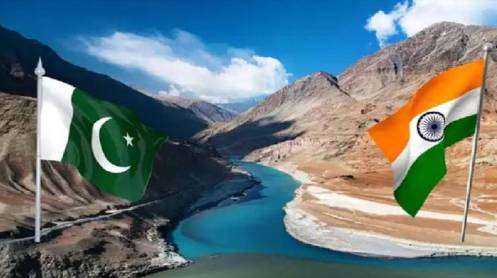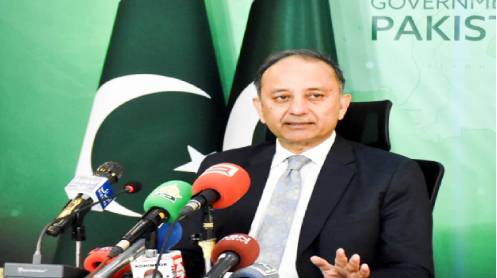KARACHI: Pakistan’s hydropower sector faces a serious threat following India’s suspension of the Indus Waters Treaty (IWT) — a landmark 1960 water-sharing agreement brokered by the World Bank. The decision, announced on April 23, came just a day after a deadly shooting in Pahalgam, Kashmir, and marked the first time the treaty has been paused in over six decades.
The move has triggered renewed tensions between the two nuclear-armed neighbors, culminating in four days of cross-border fighting before a U.S.-brokered ceasefire took hold.
Under the IWT, Pakistan relies on three western rivers — the Indus, Jhelum, and Chenab — for drinking water, agriculture, and energy, while India controls the eastern rivers — Ravi, Beas, and Sutlej. The treaty also mandates the sharing of data on river flows and infrastructure development, which India has now halted.
Experts warn this data blackout could endanger millions. “India’s suspension of data-sharing limits Pakistan’s ability to forecast floods and manage water resources effectively,” said David Michel, Senior Fellow at the Center for Strategic and International Studies.
Further compounding the crisis, India has accelerated the construction of four hydropower projects on rivers flowing into Pakistan, raising fears about reduced water flow and increased storage capacity upstream. These developments could severely impact Pakistan’s agriculture — which contributes nearly 25% to the national GDP — and energy production.
According to the International Energy Agency (IEA), Pakistan generated 34.6 TWh of electricity from hydropower in 2022, all sourced from the Indus basin. Any disruption to this lifeline could have significant economic and humanitarian consequences.
Observers urge diplomatic efforts to revive the treaty and prevent long-term damage to regional stability and Pakistan’s water security.







